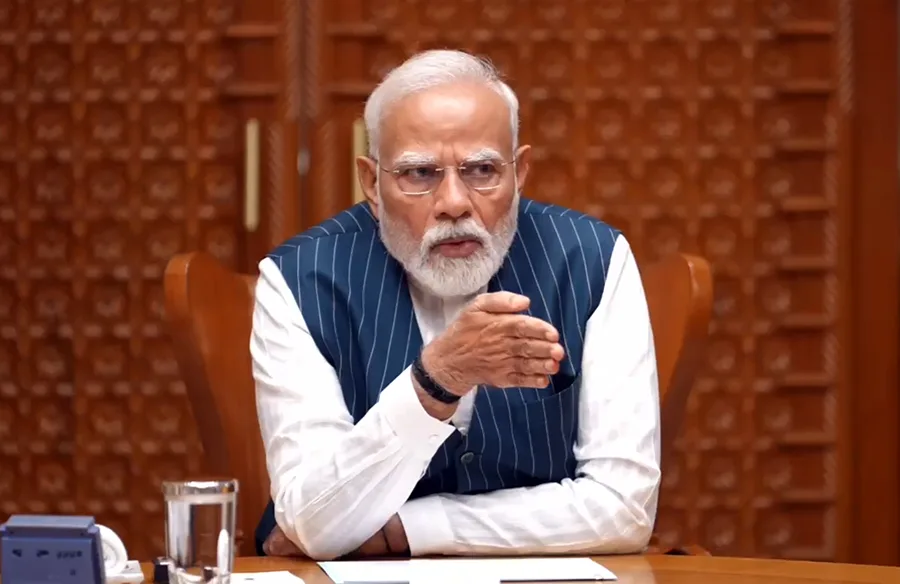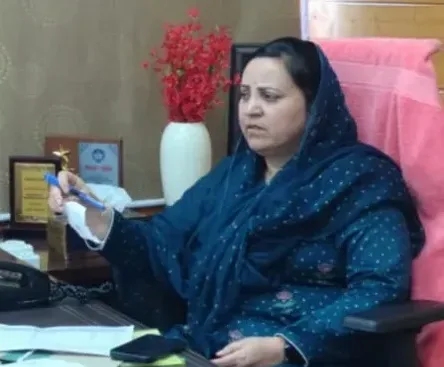Srinagar: J&K High Court has held that observations made by a court in matters relating to interim relief are tentative and cannot be interpreted as a final expression.
The bench comprising Justice Javed Iqbal Wani while adjudicating a case where-in a petitioner assailed certain observations made by a trial court said “observations made by a court while considering an application for interim relief, are tentative and temporary. The character of these observations is not to be construed as a final expression of any opinion as to the merits of the case.”
The case titled Kaka Ram and his sons Vs Mangat Ram arose from an order alleging unlawful interference with their possession of a parcel of land in Village Bansultan in R S Pura, Jammu.
The petitioners asserted their longstanding possession and adverse ownership of the disputed land as a consequence of which the interim relief granted in favour of respondents came to be vacated.
In the appeal against the trial court’s order, the appellate court (additional district court) directed both parties to maintain the status quo on the disputed land. Dissatisfied with this decision, recourse was sought through a petition invoking the supervisory jurisdiction of the High Court.
It was argued that the appellate court had wrongly recorded a finding that the plaintiff was in possession of the land, prejudicing their case.
Acknowledging the contradictory claims regarding land ownership and possession, Justice Wani upheld the appellate court’s decision to maintain the status quo. He said that any observations made in the case were tentative and not final, and did not prejudge the merits of the case.
He said “while considering an application for interim relief, be it the trial court or an appellate court, while making any observation or recording any findings qua the controversy involved in the case, such observations or findings recorded are always tentative and temporary in nature and character being not final expression of any opinion as to the merits of the case”.
The bench highly spotted the fundamental principles governing injunctions under Order 39 of the Code of Civil Procedure and said interim reliefs serve to preserve disputed property until final adjudication and necessitate a delicate balance between conflicting claims.
It went on to record that the object of making an order of injunction is to evolve a workable formula to the extent called for by the demands of the situation, keeping in mind the pros and cons of a matter and by striking a delicate balance between the parties.
It dismissed the petition and upheld the appellate court’s decision.








